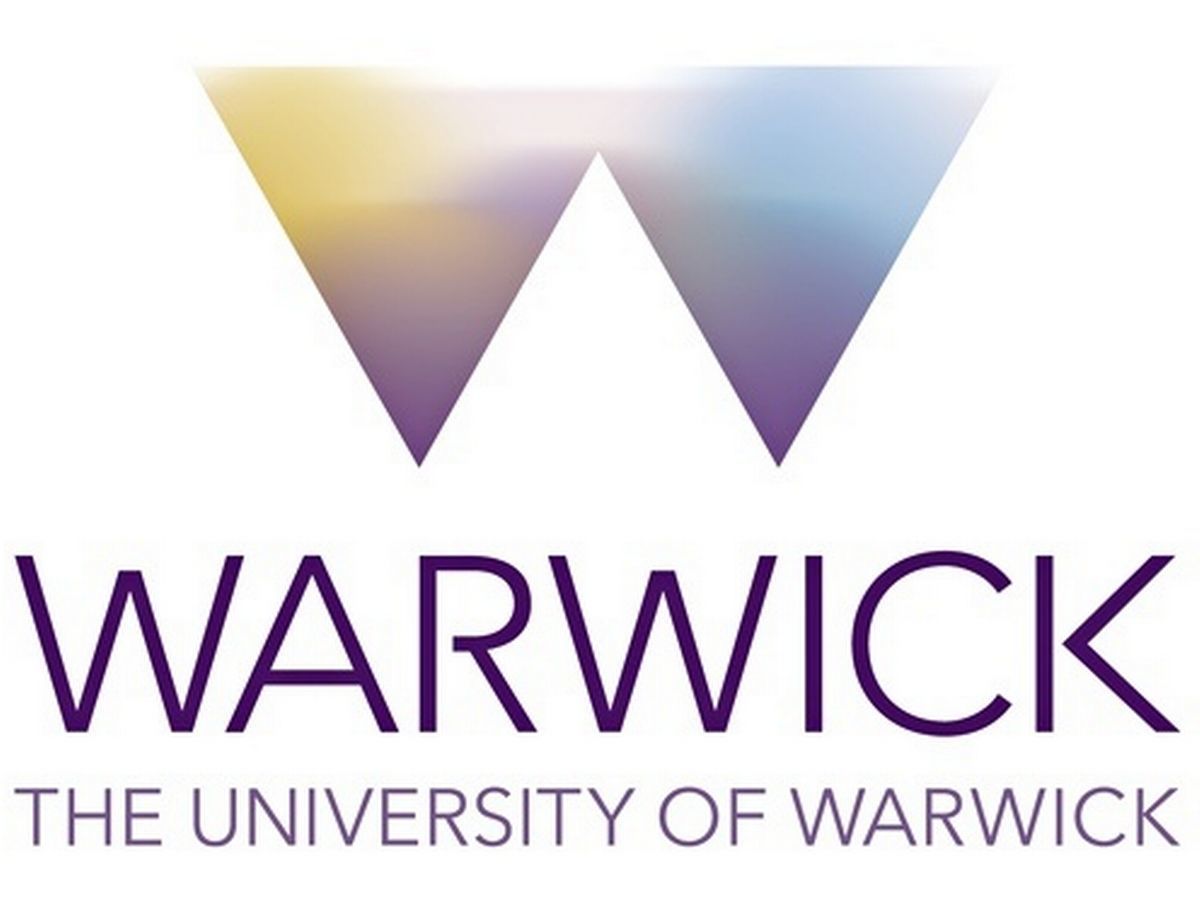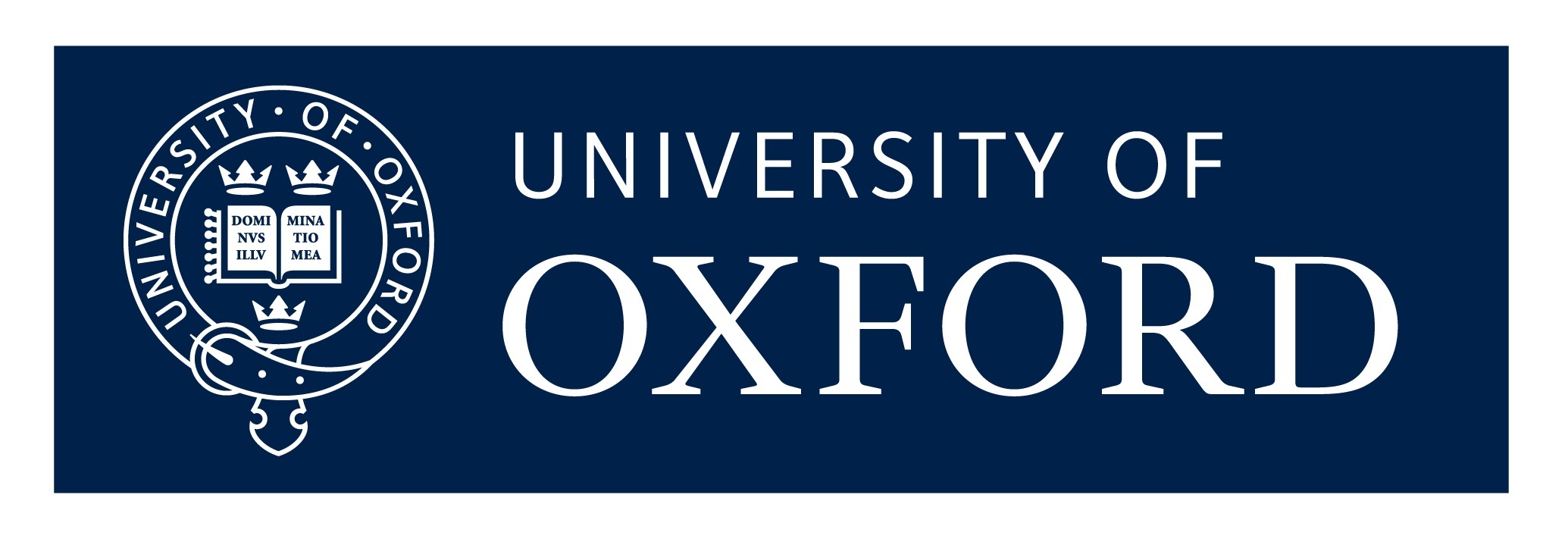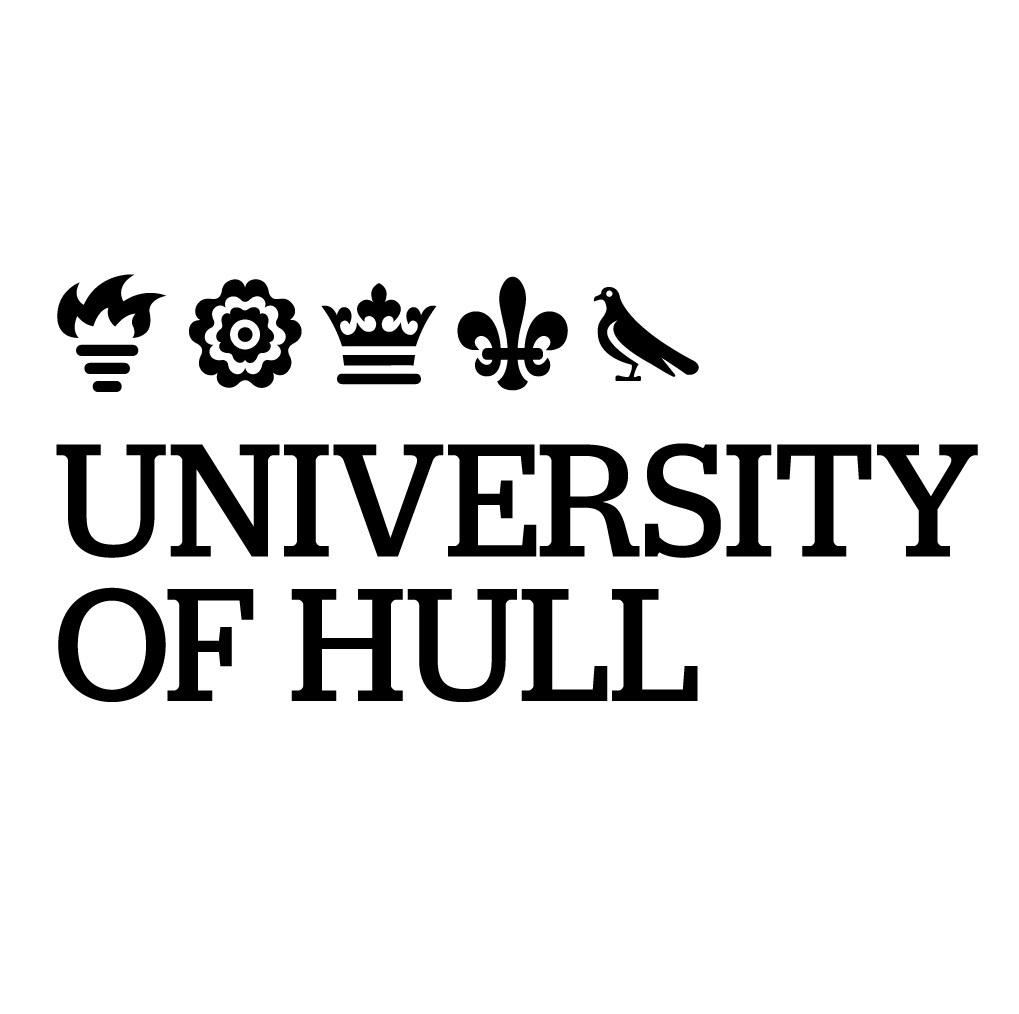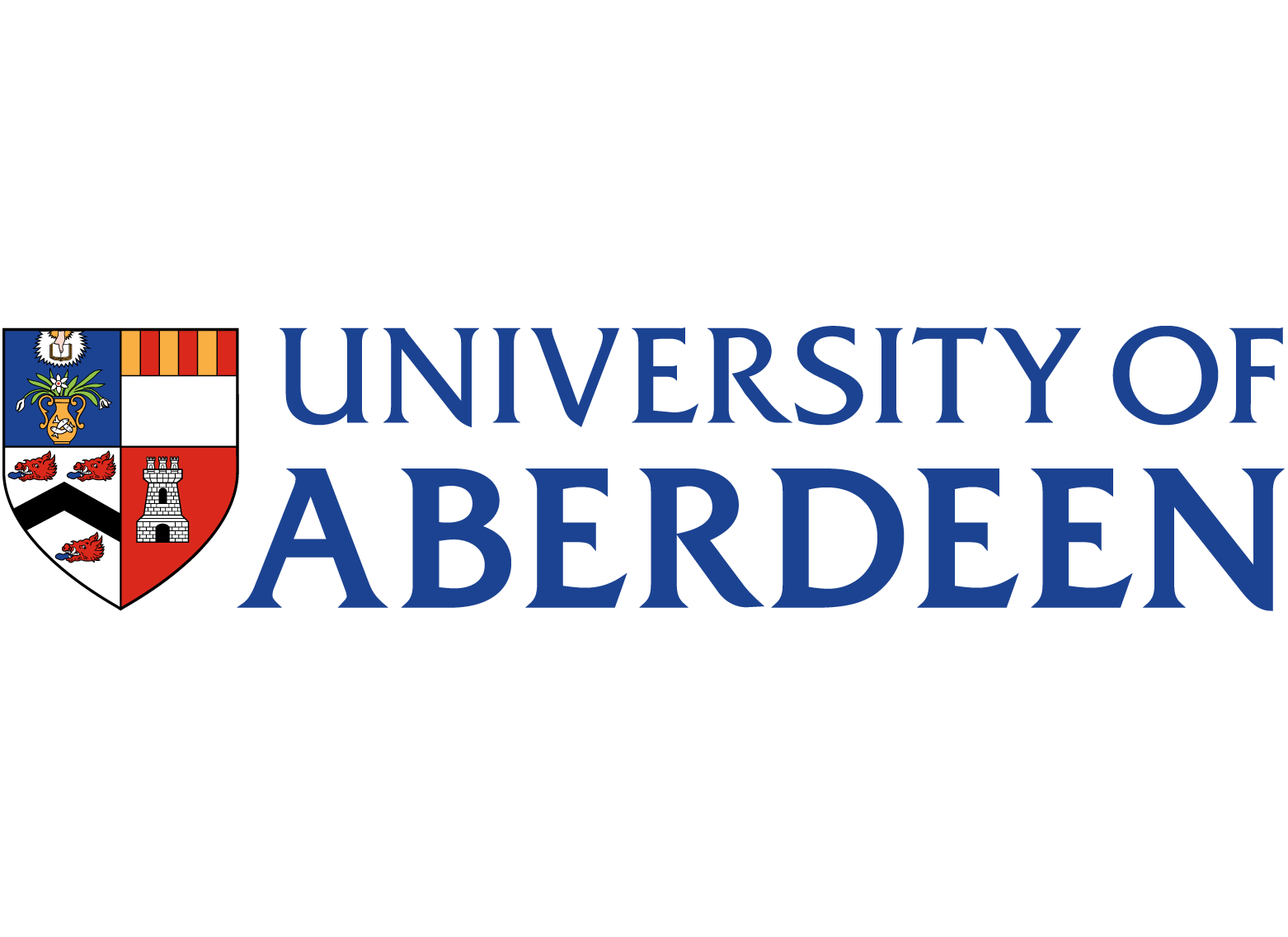Our members
The Advisory Board comprises of representatives from the Department for Business, Energy and Industrial Strategy, ORE Catapult, Carbon Trust, RenewableUK, Original Equipment Manufacturers (OEMs), utilities, developers and other sector leaders, covering all sectors and disciplines.
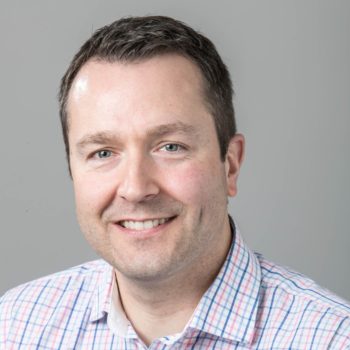

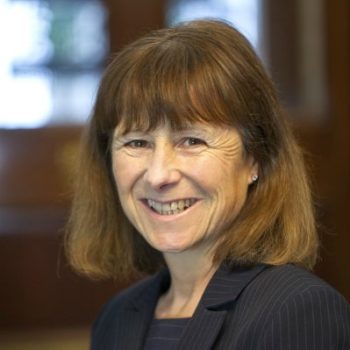
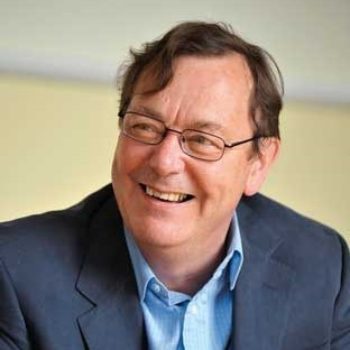
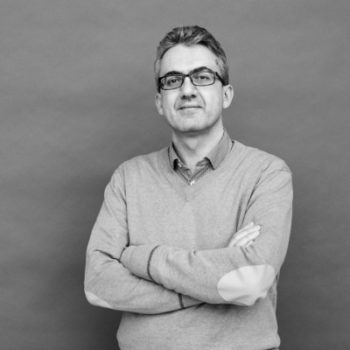
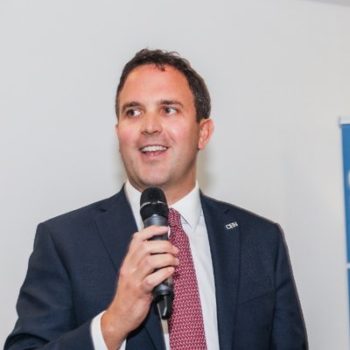

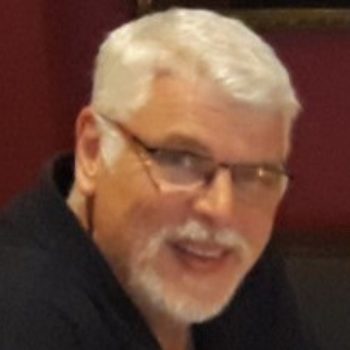
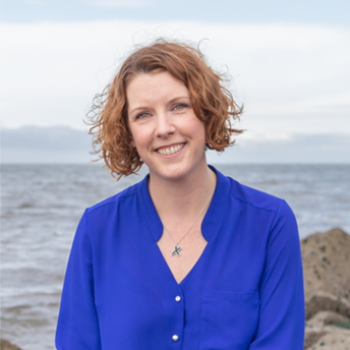
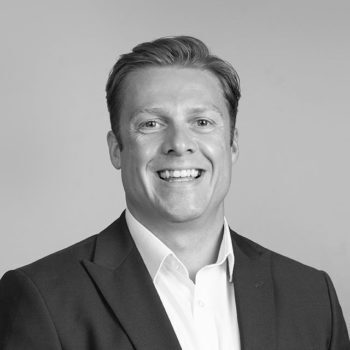
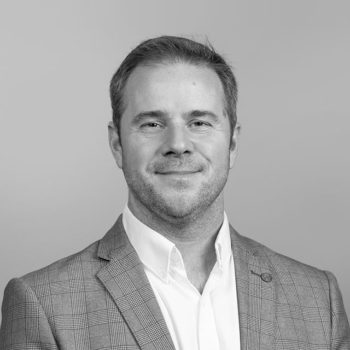
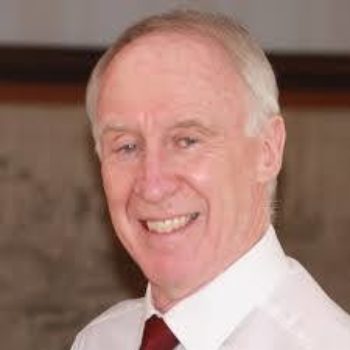
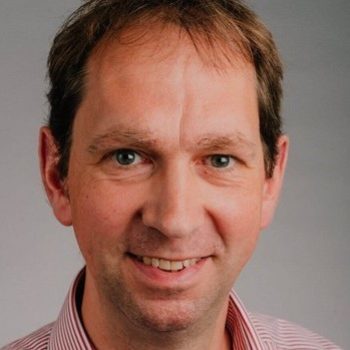
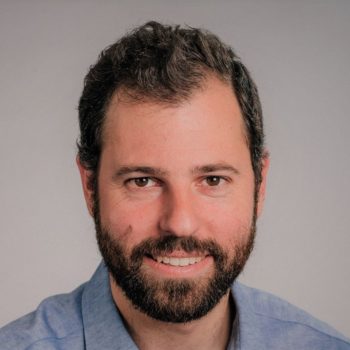
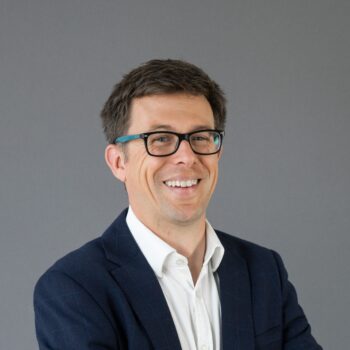
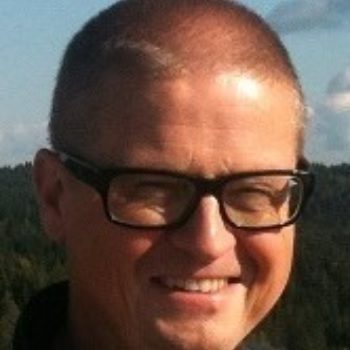
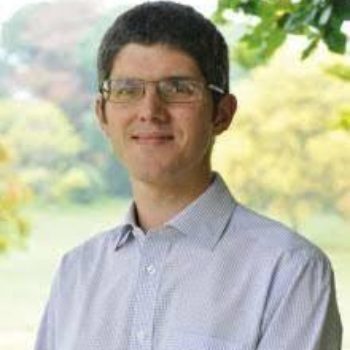
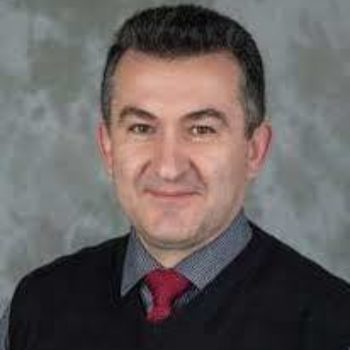
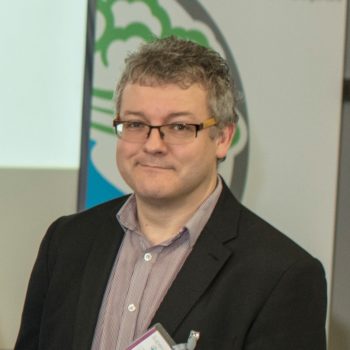
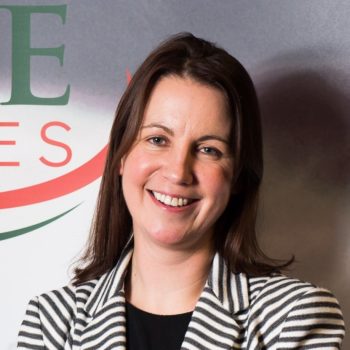
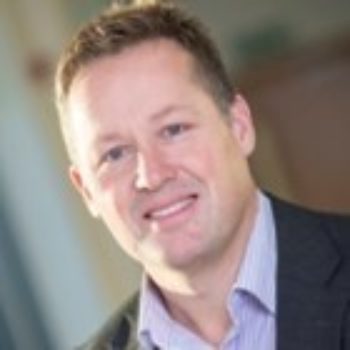
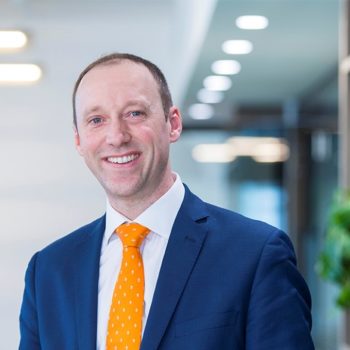
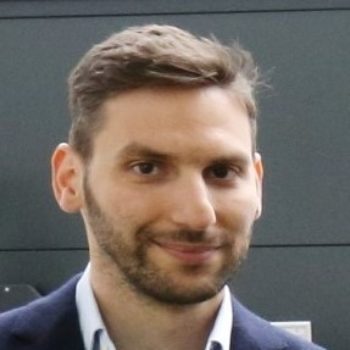


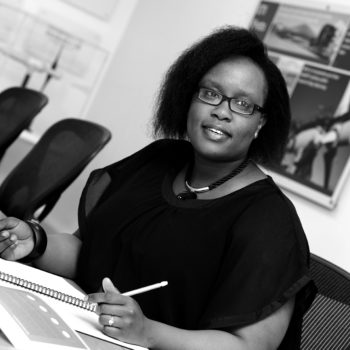
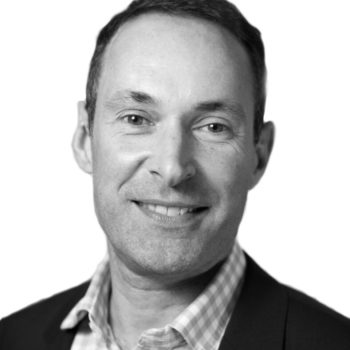
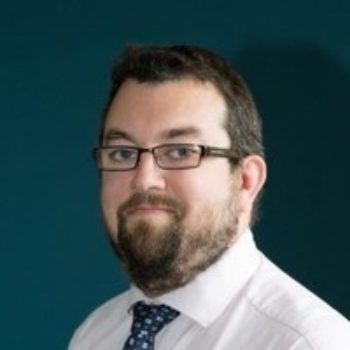
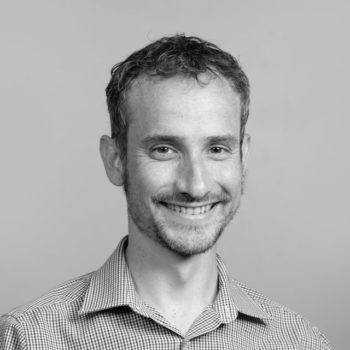
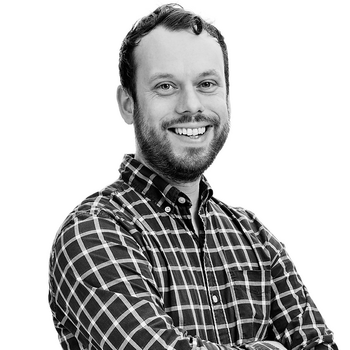
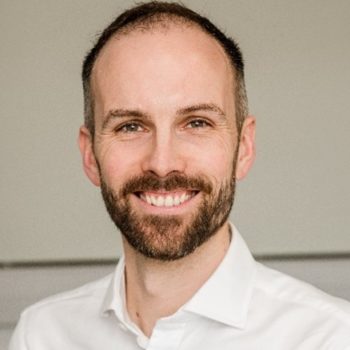
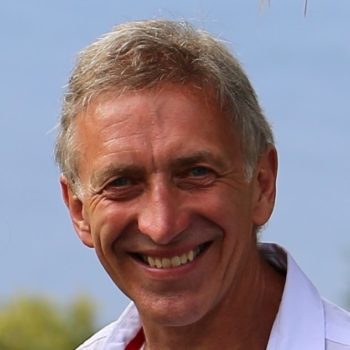
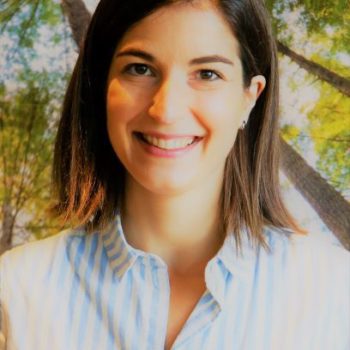
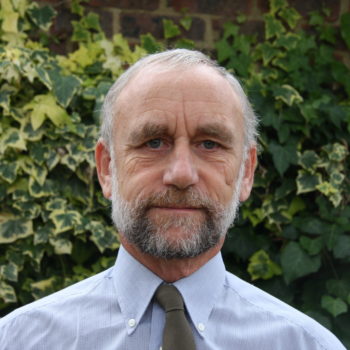
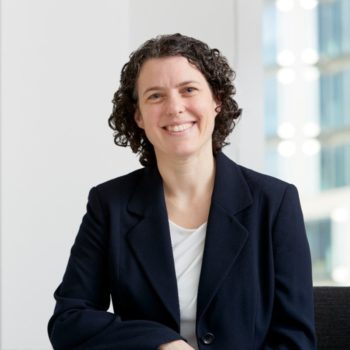
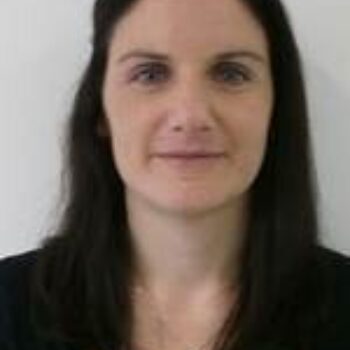

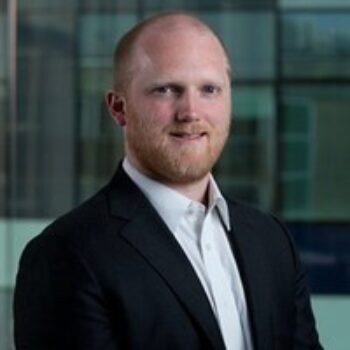
Paul McKeever
Paul joined ORE Catapult (formerly Narec) in August 2006 and holds the post of Head of Strategic Research responsible for research business development, external research collaborations and academic engagement. Previously, Paul occupied the role of Project Coordinator for the OPTIMUS FP7 project (prognostic condition monitoring) and prior to that, he occupied similar roles on the Snapper FP7 project and Aquamarine Power’s Oyster project (both wave energy converter projects). He is currently a Board member of the European Association of Renewable Energy Research Centres (EUREC), a Management Board member of the European Energy Research Alliance Joint Programme for Wind (EERA JPWind) and represents ORE Catapult on the SuperGen Wind Management Committee, the UKCMER Advisory Board and the Durham Energy Institute’s Industrial Advisory Board.

Ross Wigg
Ross founded Rayner Low Carbon Technologies in 2018 to accelerate the adoption of low carbon technologies, through research, innovation & engineering.
With a career spanning over 22 years, Ross previously was Renewables Director (Asset Performance) for LOC (London Offshore Consultants). Prior to this he joined Lloyd’s Register in 1997 during which time he founded, and was Head of the Renewable Energy business, growing it into a global enterprise with operating facilities across various renewables sectors. He was also a member of the Lloyd’s Register Energy Technology Board between 2011 and 2016. In 2018, Ross was appointed Co-Director and Lead Industrial Partner to the EPSRC Supergen ORE Programme.
Ross has a wealth of experience within the renewables industry and is an advisor to several boards, including Supergen ORE Hub, REMS CDT Programme, ESPRC review panel and was also a member of the IEC / BSI Wind & Marine Energy Standards Committees.
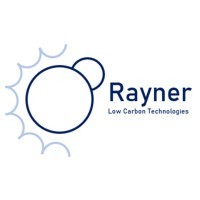
Carolyn Heeps
Carolyn’s journey started with Fred Olsen Renewables in 2008 where she held the role of Head of Offshore Development where she had the responsibility to lead the company’s work in offshore wind including site selection and feasibility studies. Carolyn then went to work as Head of Renewables (North America) for Lloyd’s Register, and as Offshore Development Strategy Manager for RES-Group. Prior to these roles, Carolyn held the role of Head of Environment and Sustainable Development for The Crown Estate where she led and managed the first two offshore wind farm leasing rounds in the UK (2001 and 2004) as well as wave and tidal interests.
Whilst at The Crown Estate, Carolyn founded a unique Charitable Trust to fund projects to understand the environmental impacts of offshore wind. The Fund awarded over £3mn to over 20 projects and achieved recognition through the development of standardised methodologies for a range of environmental surveys that now have global application.
Carolyn is currently Chair of the American Wind Energy Association’s Offshore Committee, and has achieved industry recognition in 2017 where she was ranked in the top 100 Women in Wind report (at number 48) demonstrating specific achievements and continued influence in the offshore wind sector. Carolyn hold a BSc (Hons) in Maritime Geography from the University of Wales.

Andrew Garrad CBE FREng
In 1984, Andrew co-founded Garrad Hassan (GH) in Bristol. It grew to become the world’s largest renewable energy consultancy, employing 1,000 people in 29 countries. He became President of GL Garrad Hassan after Germanischer Lloyd (GL) and Garrad Hassan merged in 2009. He ran the new company until 2012, when he became Chairman. After the merger of DNV and GL in 2013, Andrew became a member of the DNV GL Energy Supervisory Board.
Andrew has been professionally involved in wind, wave and tidal energy for over four decades. He built his first wind turbine in 1971. From 2013 to 2014 he was President of the European Wind Energy Association (EWEA) and he is a past-Chairman of the British Wind Energy Association. He chaired Bristol’s year as European Green Capital in 2015. In 2006, he became the first British recipient of EWEA’s Poul la Cour prize, and in 2015, he became the only non-Greek recipient of the Hellenic Wind Energy Association’s Aeolus prize. Under his leadership, GH twice won the Queen’s Award for International Enterprise. He is an Honorary Fellow of New College, Oxford.

Ignacio Martí
In his role as Head of Division at the Technical University of Denmark (DTU Wind) Ignacio Marti Perez is responsible for the research and innovation strategy for wind energy materials and components of the world leading research organization in wind energy.
He has more than twenty years of international experience, including ten years in executive positions in research centers in Spain (CENER), the United Kingdom (ORE Catapult) and Denmark (DTU).
He is also an influential professional in the wind energy sector thanks to his participation during the last years in executive roles in the International Energy Agency (IEA), Wind Energy Technology Platform (TPWind) and the European Energy Research Alliance (EERA).

Barnaby Wharton
Barnaby leads RenewableUK’s thinking on the future of the electricity system as renewables has become the mainstay of the UK’s generation. His work includes flexibility markets, energy storage, the role of EVs and the future of hydrogen. Prior to his current role, Barnaby was Head of Policy and Regulation where he led a team of policy managers to help create an environment for growth in the UK's renewables. Barnaby worked with onshore, offshore and marine sectors to secure long-term routes to market, in a flexible energy system to deliver low carbon growth.

Bill Leithead
William’s areas of expertise are Control Engineering and Wind Energy Systems with particular focus on the conceptual design of wind turbines and wind turbine and farm control system design. His research leadership roles include head of the Wind Energy Research Group at Strathclyde and Director of the Industrial Control Centre. The Wind Energy Research Group has more than 70 PhD students and Research Assistants. Additionally, he is Director of the EPSRC Centre for Doctoral Training in Wind Energy Systems, which is hosted by Strathclyde, and its successor, the EPSRC Centre for Doctoral Training in Wind and Marine Energy Systems, and is Chair of the EPSRC Supergen Wind Energy Hub. William is also on the Executive Committee of the EPSRC Industrial Doctoral Centre in Offshore Renewable Energy, which is a partnership between Strathclyde, Edinburgh and Exeter Universities.
William is actively involved with many national and international wind energy research and policy committees including the European Academy of Wind Energy Executive Committee, European Energy Alliance Joint Programme Wind Steering Committee and ORE Catapult Research Advisory Group.
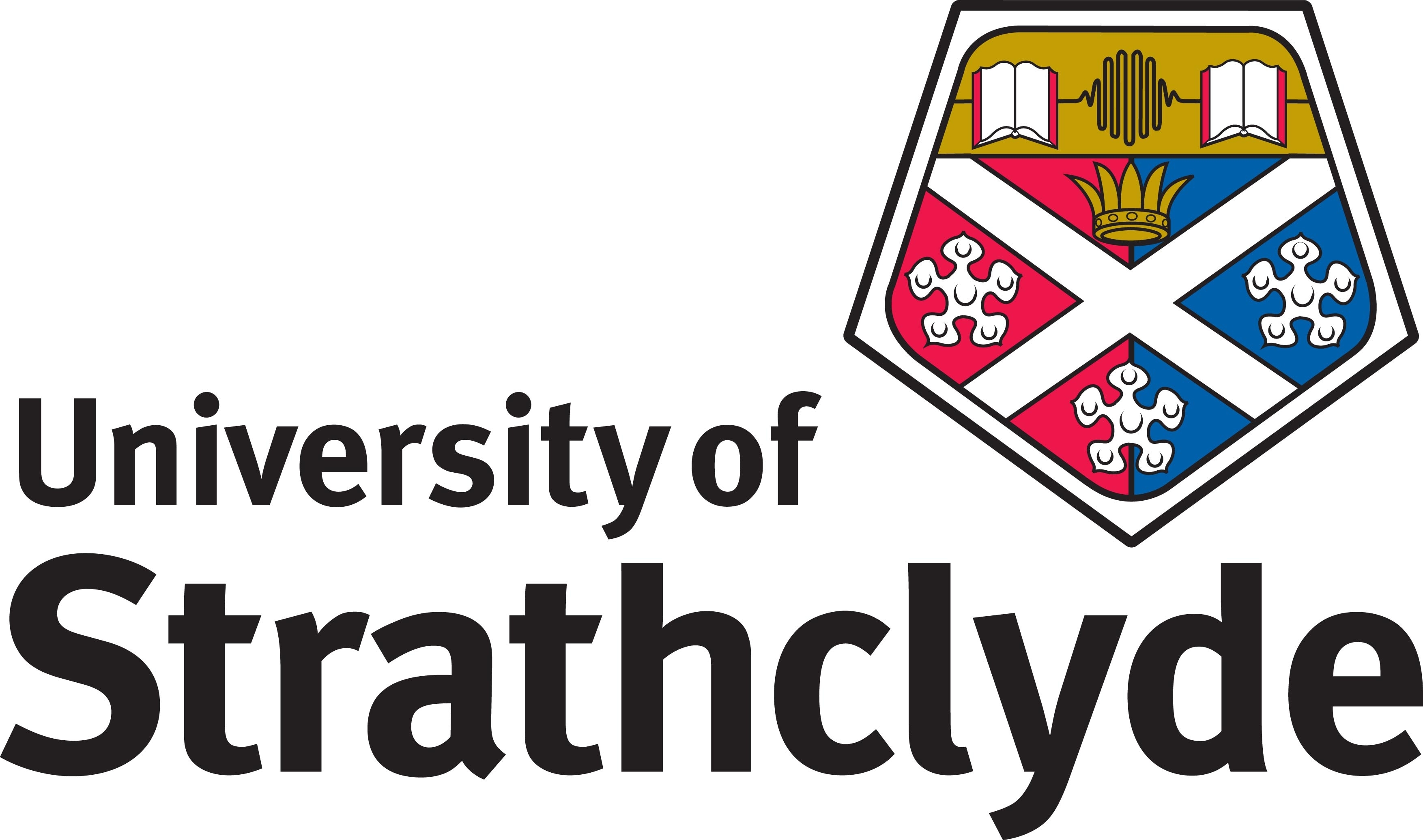
Christopher Briggs
Chris Briggs is Regional Innovation Manager for Siemens Gamesa Renewable Energy in the UK, managing external innovation engagements with Academia, Technology Developers and Industry bodies in support of SGRE’s Technology Roadmaps and R&D activities. He joined the Wind Industry in 2010 and spent time in Business Development and Strategy roles before moving to his current role in SGRE’s Corporate Technology organization. Prior to 2010, Chris worked for 24 years in conventional power generation in various Technical and Marketing management roles in the UK, Germany and the US. Chris has a BEng (Hons) in Mechanical Engineering from the University of Nottingham and is a Fellow of the IMechE.

Elva Bannon
With a background in Mechatronic Engineering (BEng) and Advanced Engineering (MEng), Elva has been involved in wave energy technology development since 2007, having worked on a number of different technology concepts both in Scotland and Ireland. Her main focus in these roles was on tank testing, data analysis and numerical model validation for scale model tests. She then spent some time as an engineering consultant developing a novel robotic system, leading the electrical integration team.
During her time at WES (started in early 2015), she has seen the company grow from 2 to 15 staff, with a significant annual budget and large number of projects. Elva has engaged with government officials, international funding agencies, technology developers and academics to help ensure the WES programme is targeting the right topic areas and meet the needs of the sector. Her role includes ensuring the results of the WES programme are disseminated through knowledge sharing and IP licencing (WES online Knowledge Library). Engaging with the wider community to ensure the very best technology transfer and collaborations are seen within the wave energy sector.
In addition to her core responsibilities within WES, Elva also sits on a Committee providing UK input to IEC/TC114 standards development, and advisory/ scientific committee role giving industry perspective to academic organisations including the EIMR conference series.
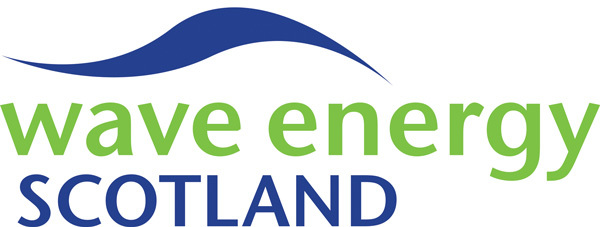
Dr Gareth Stockman
Gareth Stockman has over 12 years industrial experience, all of which has been in the environment of high-tech R&D and start up’s. He is a dynamic and driven business leader, with a passion for marine renewables. Gareth is a qualified mechanical engineer with a MEng in Marine Renewables and a PhD from Swansea University. He is a co-founder of Marine Power Systems and has achieved significant grant funding and private investment since its inception in order to deliver the company’s development pathway. As CEO, he has overseen MPS through the Feasibility, Proof of Concept and Scaled Testing stages prior to the current 1:4 scale prototype development phase. Gareth has overall responsibility for the management of MPS as well as Shareholder and Stakeholder engagement.
Graham Foster
Graham has over 20 years industrial experience, 15 of which has been spent leading high value & high tech R&D, and for the last 10 years he has been a founder / director of fast moving technology start-up companies. Graham is a qualified mechanical engineer and gained a PhD from Swansea University. He is a co-founder of Marine Power Systems and has a track record of financing high value start-up companies having raised multi-million grant and venture funding to date. Graham has a unique ability to create elegant solutions to highly challenging problems, creating sector leading IP in the process. Graham is the CTO of the company and has overall responsibility for the WaveSub product development strategy and managing IP.
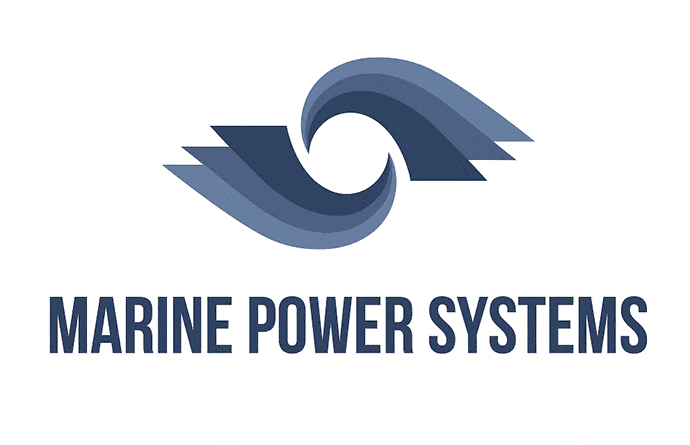
Martin Murphy
Following 12 years’ service in the Royal Navy, Martin Murphy is an experienced CEO and Chartered Engineer with a strong leadership background in large international corporations and as an entrepreneur. Through-career experience in the maritime sector with most recent focus in marine renewable energy.
Board level appointments include corporate, corporate Joint Venture, start-up, registered charity and community interest companies. Proven ability to deliver growth, transformation, and innovation.
Has operated extensively in Europe, North America and the Far East. A skilled lecturer and presenter, has engaged audiences worldwide in marine and energy related experience. A Past President of the Institute of Marine Engineering, Science and Technology (IMarEST) and elected Honorary Treasurer in March 2018.
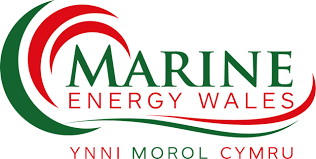
Jan Matthiesen
Jan Matthiesen is passionate about wind energy. He started in the onshore sector but has got his feet wet managing all offshore wind activities at the Carbon Trust, such as the Offshore Wind Accelerator, UK’s leading RD&D programme for offshore wind. He combines a good awareness of management techniques and a high level of business comprehension with good understanding of engineering principles and the ability to grasp complex technical problems. He joined the Carbon Trust in 2010, to work on the Offshore Wind Accelerator, a ground-breaking collaborative RD&D project between the Carbon Trust and nine leading offshore wind developers. Prior to joining the Carbon Trust, Jan was Head of Onshore at RenewableUK, the wind energy industry association and accountable for all issues affecting the deployment of onshore wind energy development.
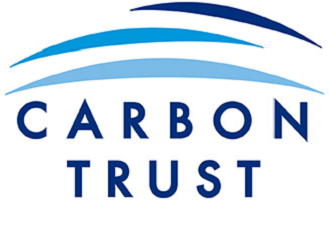
Dan Kyle Spearman
Dan Kyle Spearman is a Director in RCG’s London office, leading on floating wind. A background in naval architecture with 6 years of fixed and floating offshore wind experience brings a broad range of technical, operational and commercial expertise.
Mr Spearman is an expert in floating offshore wind and has worked with the leading developers to reduce the cost and risks to enable the future commercialisation of floating wind.
Dan Kyle Spearman has a wide range of offshore wind experience, having managed the Floating Wind Joint Industry Programme and the O&M workstream in the world-leading Offshore Wind Accelerator (OWA) research programme. In these collaborative programmes, he worked closely with fifteen of the leading international developers and Scottish Government to make both fixed and floating offshore wind into mainstream energy sources. In particular, Dan worked with developers to address the technical challenges for deployment of future large-scale floating farms, giving insight into the challenges and opportunities of floating wind and engaging with the floating wind supply chain to implement the results. He has also managed multiple projects relating to marine logistics which have reduced costs, improved offshore health and safety and reduced vessel emissions. He has supported innovators by demonstrating and commercialising their technologies.
Dan Kyle Spearman is a qualified Naval Architect with additional qualifications in project management. He also has STCW certification for going offshore.
Adam Morrison
Adam is the UK Country Manager for Ocean Winds. He has two decades of experience across the renewable energy industry, initially working in the wave and tidal sector before moving into developing large scale onshore and offshore wind projects. His previous roles include various project positions whilst at RES Offshore and EDP Renewables, then Project Director for Ocean Winds’ Moray West Offshore Wind Farm before moving into his current role.
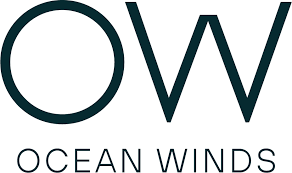
Robert Rawlinson-Smith
Dr Rawlinson-Smith holds a BEng in Aeronautical Engineering from the University of Bristol, and gained his PhD in Wind Turbine Rotor Aerodynamics from Cranfield University.
Prior to starting his role for Ilfra Consulting Limited, Robert held various positions in DNV-GL including Innovation Manager, Service Area Lead for Renewables and Business Director for DNV GL’s wind turbine simulation software, Bladed. Robert has also been a Strategy and Policy Consultant and Director of Technology Programmes.
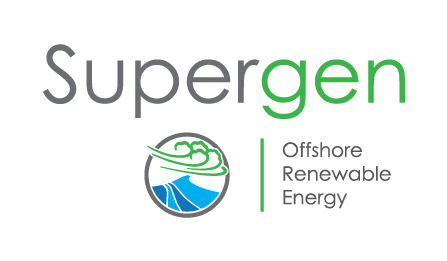
Professor Ian Masters
Ian Masters is a Professor in Mechanical Engineering at Swansea University. He started marine energy research at Swansea in 2001 and is the author of many academic papers and patents. Professor Masters research areas include: Tidal current turbines, floating wind energy, tidal range technology, wave energy and multiple use of space. In particular, he specialises in the development of computational models to improve the performance of tidal turbines. He also has an interest in the link between design and cost of energy in order to develop cost effective ocean energy devices.
In 2001, Ian started ocean energy research at Swansea University which is part of the multidisciplinary Climate Action Research Institute. Current work is part of the Marine Energy Engineering Centre of Excellence (MEECE) which focuses on regional development and offshore renewables industry R&D. A recently completed project was the Interreg ERDF IrelandWales ‘SELKIE’ project, which developed a set of open source technology tools. Ian was a work package leader for MarIBE, a Horizon 2020 project evaluating business models for Blue Growth.
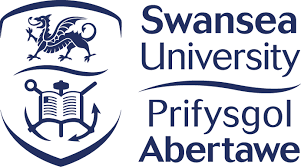
Captain Panos Stavrakakis, PhD
Captain Stavrakakis is the Sector Manager – Construction & Built Environment in the Health & Safety Executive Science and Research Centre. He works with world-class scientists and policy professionals to match their scientific expertise and regulatory insight to address a range of occupational risks.
The Science and Research Centre of the Health and Safety Executive (HSE) was originally set up to minimise risks to people's health and safety at work. Their work ranges from helping to control the hazards posed by industrial plants, through to assisting in the management of the occupational health & wellbeing of workers. A key requirement running through all of this is an understanding of human behaviour in workplace environments.
Captain Stavrakakis served in the Hellenic Navy from 1989 to 2011 as a Naval Engineer Officer. He is a Fellow of IMarEST, Chartered Engineer with the Engineering Council and a Chartered Scientist with the Science Council. He holds a degree in Marine Engineering, a Master’s in Disaster Medicine, an MBA and an Engineering Doctorate in Chemical Engineering and Analytical Chemistry. Captain Stavrakakis sits and chairs various academic and industrial boards.

Simon Dilks
Si has been working in public sector energy policy since 2004 focusing on regulation, innovation and international negotiations. He’s pottered around the world dealing with international energy policy, covering a multitude of subjects, technologies and countries (….and the Moon). He has led on UK civil nuclear innovation policy for the last 6 years as a key player in re-invigorate the UK’s nuclear research landscape. Recently he has taken on responsibility for BEIS renewables innovation programme including leadership of the UK’s coordinating role in the European DemoWind and BESTF bioenergy Eranet programmes. By trade, he’s also a trained fishmonger.
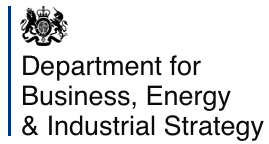
Sue Barr
Sue has 18 years’ experience in the offshore wind, wave and tidal industries, including 11 years at OpenHydro, a tidal technology developer in senior management, project development, policy and developing marine energy markets. She supported the UK Government delivering the first offshore wind arrays including revision of primary legislation, administering regulatory controls and advised UK Ministers on the first marine energy projects. On the board of all three industry associations (RenewableUK, Scottish Renewables and Marine Energy Wales) and chair of the UK Marine Policy Forum & Council, Sue plays a key role in driving renewable industry policy in the marine area, in the UK and internationally.
Tim Hurst
Tim is a chartered electrical engineer with a background in operations management and project management in a variety of engineering environments. After 16 years as an RAF engineer officer, Tim joined Synergie Scotland as a senior project manager working on the design and construction of large renewable energy projects, including the construction of the EMEC test sites. In 2010 Tim moved to the Scottish European Green Energy Centre (SEGEC) where he worked to develop innovative Scottish energy projects that could be funded from European programmes and that supported Scotland’s long term energy objectives.
Tim joined HIE as Head of Offshore Industry Development in 2013. He was the lead contact for HIE on a pan-Scottish group of agencies including government, industry and key stakeholders, to plan and develop next generation test and demonstration facilities for the offshore renewable sector, with a particular focus on offshore wind.

Will Apps
Will joined The Crown Estate in 2009 in the lead up to the commencement of Round 3 and was appointed as the Head of Energy Development in 2017. Will leads the team that manages the front end of the offshore wind portfolio; the assessment of seabed resource and future opportunity for growth, the origination of rights and new leasing activity, and the management of lease options during the development phase of our customer’s projects.
Will is a Chartered Civil Engineer with over 20 years of experience of management of infrastructure projects and investment programmes in the water and power industries, both in the UK and oversees. His initial foray into offshore wind began in 2004 on the project now known as London Array. Will represents The Crown Estate on the Offshore Wind Programme Board and other Offshore Wind Industry Council related activity.
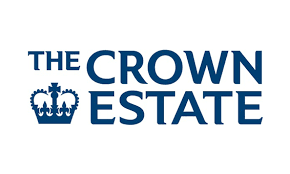
Yannis (Ioannis) Dragotis
Yannis completed his Bachelor’s Degree in Electrical and Electronic Engineering at the Technological Educational Institute of Larissa in Greece, before going on to complete a Masters in Engineering Management at the Brunel University. Yannis Dragotis has been the Head of Renewable Energy Innovation Delivery at BEIS since May 2018. Prior to this he was a Project Management Engineer at Pharos Marine Automatic Power and has held various engineering positions in the UK and Greece.

David Bould
David is Lead R&D Specialist for Ørsted Offshore where he is responsible for defining and executing a global strategy for collaboration with universities and research organisations. He has held positions in ORE Catapult, the University of Edinburgh and the Carbon Trust, specialising in offshore wind, wave and tidal energy, and energy systems. He also previously worked offshore as a Chief Field Geophysicist in the oil & gas seismic survey sector. He holds an MSc in Sustainable Energy Systems and a BSc in Computer Science and Management Science. Originally from Edinburgh, Scotland, he now lives and works in Copenhagen, Denmark.

Sam Strivens
Sam is part of Carbon Trust’s Policy and Innovation team where he heads up floating offshore wind activities, including managing the Floating Wind JIP programme and representing Carbon Trust on a number of international and R&D advisory boards. Sam comes from a maritime operations background with experience as Master of crew transfer vessels and vessel management for offshore windfarms around the UK. Sam has an MSc in Marine Renewable Energy from the University of Plymouth where his research focus was on the installation phase of floating offshore wind turbine platforms. Sam also holds a BSc. (Hons) in Exploration and Resource Geology from the University of Cardiff, Wales.

Dr Inès Tunga
Dr Inès Tunga’s role at Energy Systems Catapult is Practice Manager - Renewables, Infrastructure and Engineering. Dr Tunga provides technical leadership across a range of renewable energy-related challenges and projects in renewables, wind, marine and solar, and their impacts on the UK energy system.
Key to her work is the engagement with stakeholders and leading multidisciplinary teams to deliver transformational projects that create effective ways to decarbonise our energy system and deliver on the UK’s Net Zero commitment.
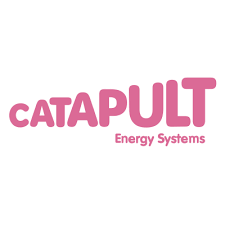
Tim Camp
Tim Camp is Director at Turbine Engineering at Offshore Wind Capacity. His work ranges from wind turbine technical due diligence, through offshore wind O&M strategy development, wind farm concept design, floating wind turbine modelling & applied research. He was formerly with London Offshore Consultants prior to the creation of ABL Group.
Tim Camp enjoys working on a broad technical scope that includes hydrodynamics, structural dynamics, aerodynamics, control & power engineering. He has been involved in standards development and design method development since the early days of offshore wind and has enjoyed seeing the growth of the industry’s experience base.

David Carlin
As the UK Department for Environment, Food and Rural Affairs (Defra) Lead Marine and Fisheries Scientist, David leads a team of multidisciplinary scientists and social researchers overseeing the interface of science into policy and the ongoing evaluation of policy outcomes. He is responsible for leading Defra’s investment into marine and fisheries science outcome and building relationships across the marine science community.
With over 25 years in the marine science sector in the UK, David brings a range of experiences from bench scientist to head of delegation roles in international fora and leadership roles from a range of science programmes directly linked to developing and evaluating government policy. He is a Fellow of both the Royal Geographical Society and Institute of Marine Engineering, Science and Technology.
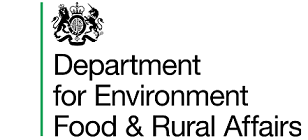
John Chapman
John Chapman is Chief Engineer at Marine Power Systems and has responsibility for technical system development. He brings over 17 years’ experience in marine renewables from both academia and industry and experience in several high-tech start-ups.
He has particular experience in the marine renewable energy sector and has worked on wave, tidal and offshore wind energy projects with broad experience of device development activities. He has experience as an engineering manager, research, simulation, design and development engineer.
His specialties include: Tidal energy, Wave energy, floating offshore wind, mechanical engineering, computational modelling, design, research, development.
Ben Child
Ben Child is the Floating Wind Business Manager within the Offshore Technology Department at DNV Services Ltd. He connects customers with bespoke solutions to their challenges using the company’s expertise in all of the major components of a floating wind system.
A Principal Engineer with over 15 years’ experience in the offshore renewables sector, he initially explored numerical modelling through an MSc dissertation project and later a PhD, where he established novel hydrodynamic analysis and optimisation techniques.
After joining DNV (formerly Garrad Hassan), he applied his research to consultancy work as well as leading software development related to hydrodynamics and wave energy farms. Since then, he has had continued involvement in research and development, addressing some of the key challenges facing floating wind energy system design.
With a rapidly growing floating wind industry, his focus in recent years has primarily been on commercial projects, providing expert advice, analysis and design services to help get the first full-scale system concepts into the water and ensure that the next generation of concepts meets ambitious targets on performance and cost.

Dr Peter Giddings CEng MiMechE
In his current role at the National Composites Centre (NCC), Peter defines technical strategy for the use of composite and non-metallics in enabling Net-Zero energy generation and distribution. He combines his 15 years of R&D experience with knowledge and collaborators across manufacturers, operators and regulators from across the sector to identify and enable the most impactful applications of new technologies in offshore wind, hydrogen, oil & gas and advanced nuclear systems.
Prior to this role he led a major programme to design and commission the world leading R&D facilities at the NCC. His earlier research underpins innovative products in aerospace, motorsport, energy and consumer goods applications with the United Technology Corporation and a range of consultancy clients.
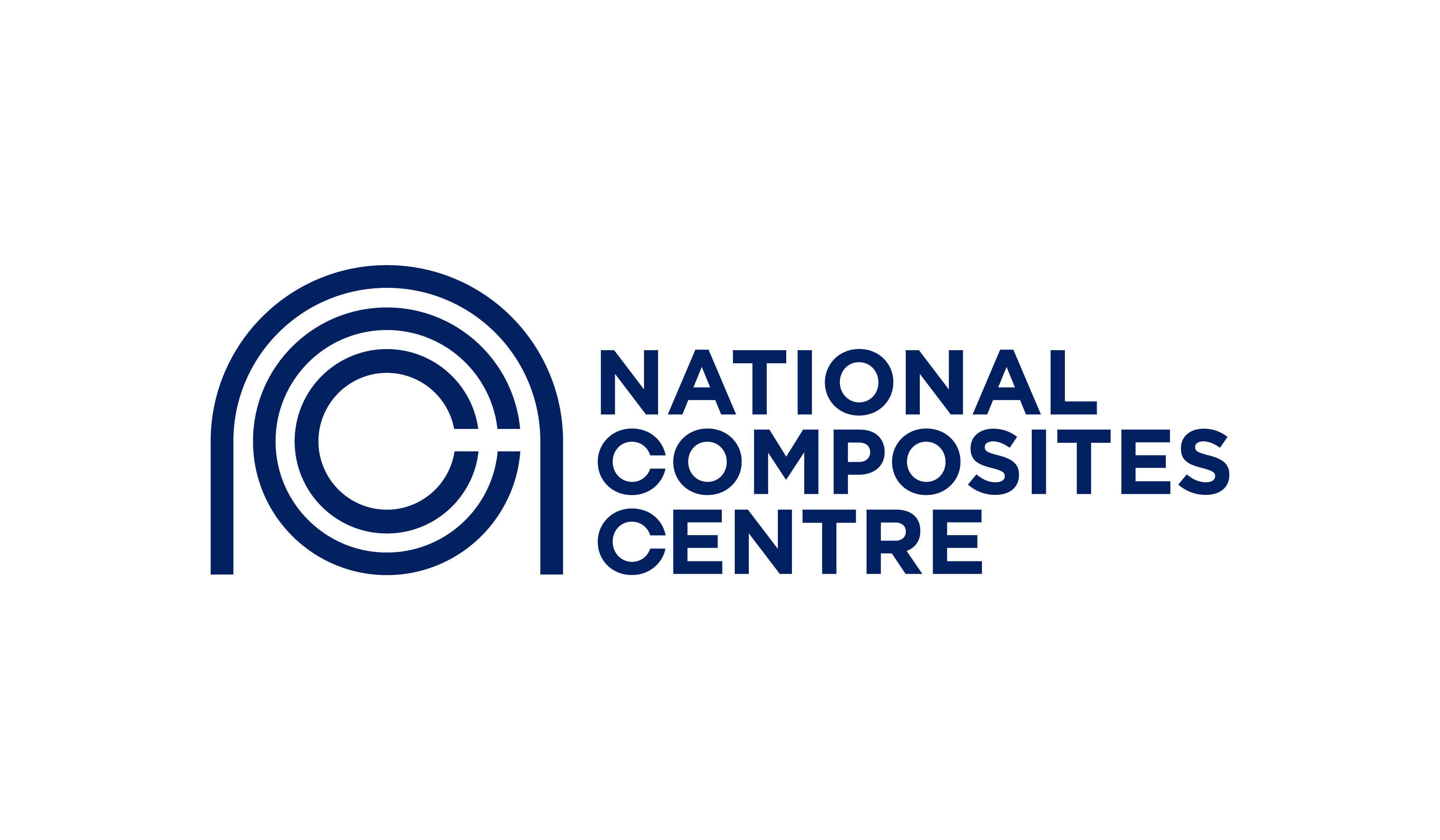
Commodore (Rtd) Steven Jermy RN CMarTech FIMarEST FNI MPhil
An offshore renewable energy leader, Steve is: CEO at Celtic Sea Power; Non-Executive Director on the Cornwall & Isles of Scilly LEP; represents the Celtic Sea Cluster on the UK’s Offshore Wind Industry Cluster Group.
His offshore experience includes ships’ diving, fishery protection, offshore aviation, sea training and sea command. He has worked for Mojo Maritime Ltd and James Fisher Group plc, on the installation and operation of offshore wind, tidal and wave energy devices and led four major offshore renewables R&D projects. Between 2019 and 2021, he oversaw the conversion of a Cornish offshore test & demonstration zone to floating offshore wind, and its sale in 2021 to Hexicon for the installation of the first floating offshore wind project in the Celtic Sea. He now leads Celtic Sea Power, an arm’s length Cornwall Council owned company, with the mission of making floating offshore wind an economic development success for Cornwall and the Celtic Sea Region.
Steve has a BSc in Applied Maths and Physical Oceanography, a MPhil in International Relations with International Economics, is the author of Strategy for Action: Using Force Wisely in the 21st Century, and is a Fellow of the Nautical Institute and the Institute of Marine Engineers, Scientists and Technologists.

Marie Renner
Marie joined EDF 12 years ago. After a PhD in Economics about The Emergence of Carbon Capture and Storage Techniques in the Power Sector, Marie has held several positions as a research engineer (technico-economic evaluation of different business cases involving blockchain, cost-benefit analysis of a French smart grid demonstrator for the French DSO and Governmental Agency, etc). After 4 years of leading a project for the EDF Group’s Strategy Division on a wide range of topics – carbon neutrality, offshore wind etc.- Marie joined the UK R&D Centre in September 2022, where she is now the Head of Renewables. She also leads a €6.5 M research project on offshore wind for the EDF Group.
Jeremy Thake
Jeremy Thake is a Chartered Engineer and Fellow of the IMechE who has worked in tidal stream energy for over 25 years and with many of the early pioneering companies: IT Power, Marine Current Turbines and Tidal Generation Limited. He managed the design of several early prototypes: the 300kW Seaflow turbine installed off Lynmouth in the Bristol Channel, the SeaGen turbine in Strangford Lough, and the 500kW and 1MW DeepGen turbines tested at EMEC. More recently he was Head of Engineering for Atlantis, in charge of producing the 1.5MW AR1500 turbine currently installed in the MeyGen array. He is now working independently as a consultant.

Emily Spearman CEng FEI FWES
Emily is an award-winning Chartered Energy Engineer, and Fellow, and is currently a member of bp’s Offshore Wind Engineering Senior Leadership Team. She is responsible for building a team covering technology, innovation, R&D and engineering quality and methodology, whilst also overseeing technical certification and safe by design in this fast-growing part of bp’s low carbon business.
Prior to bp, Emily spent 10 years with Ørsted and held a number of leadership roles including Regional Director for QHSE UK, Head of PMO (Portfolio Management Office) – which involved overseeing the global portfolio of QHSE projects across offshore wind and renewables – and Asset Manager for several UK offshore windfarms. Prior to offshore wind, Emily worked as an environmental and engineering consultant and an engineer on onshore and offshore oil rigs.
Emily is passionate about modernising the workplace and fostering inclusivity and support for women at all stages of their education or career journeys. In her spare time, Emily is a Trustee of the Energy Institute (EI), Chair of the EI’s Professional Affairs Committee and a Director of the Women’s Engineering Society. Emily is an active mentor supporting engineers seeking Chartership.

Karen Millichip
Karen joined JNCC in 2010 and was appointed co-team leader in 2016. JNCC are a public body that advises UK Government and devolved administrations on UK-wide and international conservation. Karen leads a team that provides environmental advice to the offshore wind sector, as well as other offshore industries, at both a project and strategic level. Working throughout the UK provides a unique insight into how sectors are operating in different regions, which enables JNCC to coordinate Statutory Nature Conservation Body (SNCB) advice on nature conservation issues relevant to the offshore wind sector, and other offshore industries.
Karen is a marine biologist with over 17 years’ experience of managing environmental advice in relation to offshore industries around the UK to Government, Regulators and industry stakeholders. Karen represents JNCC on a number of offshore wind fora around the UK and is managing the development of the UK wide Offshore Wind Environmental Evidence Register (OWEER) which is funded by both The Crowns Estates Offshore Wind Evidence and Change (OWEC) Programme and the Department for Environment, Food and Rural Affairs (Defra).

Diarmuid O'Neill

Steven Downie


